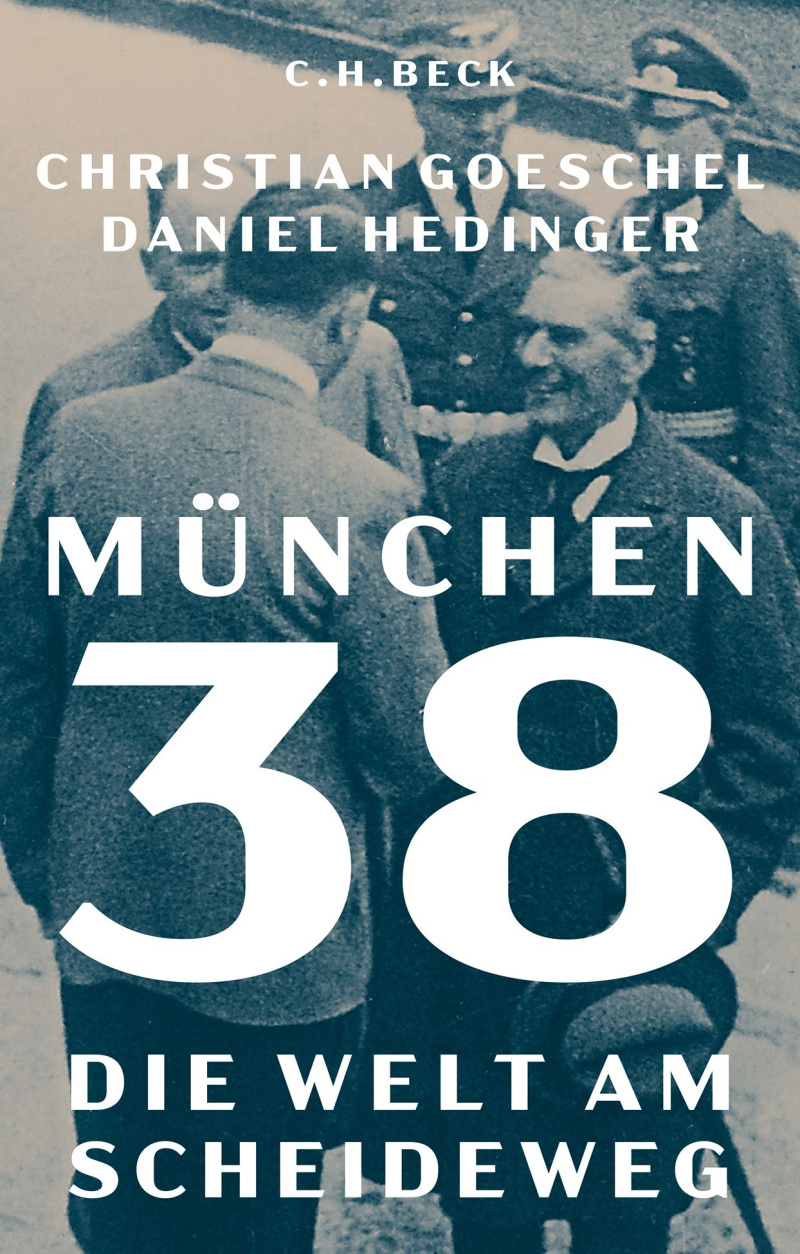Munich 38: The World at a Crossroads

Munich 38: The World at a Crossroads
Christian Goeschel and Daniel Hedinger tell the story of the dramatic three days when the world was at a crossroads and ask what the Munich Conference still has to say to us today.
Munich 38 stands for appeasement towards aggressors. At the Munich Conference, Chamberlain and Daladier gave in to Hitler's threats and abandoned Czechoslovakia. Less than a year later, however, the Second World War began.
In the last days of September 1938, war was in the air. The conference in Munich, the capital of the Nazi movement, was a last, desperate attempt by France and Great Britain to save peace in Europe and thus in the world. Since then, Munich has been a global place of remembrance. However, it has so far been viewed too much from a purely European perspective. This overlooks the global background and impact of the conference.
The rise of fascism had already called into question the existing world order. It was only against this background that Hitler was able to push ahead with his expansion. The world also looked very closely at the events of Munich and drew its lessons from them. And so the retreat from Hitler weakened the democratic defenses at home and encouraged the aggressive powers to expand further - in Europe as well as in the rest of the world. This is another reason why Munich 38 is a warning sign for our time.
The events of that time are frighteningly topical today.
 Christian Goeschel
Christian Goeschel
